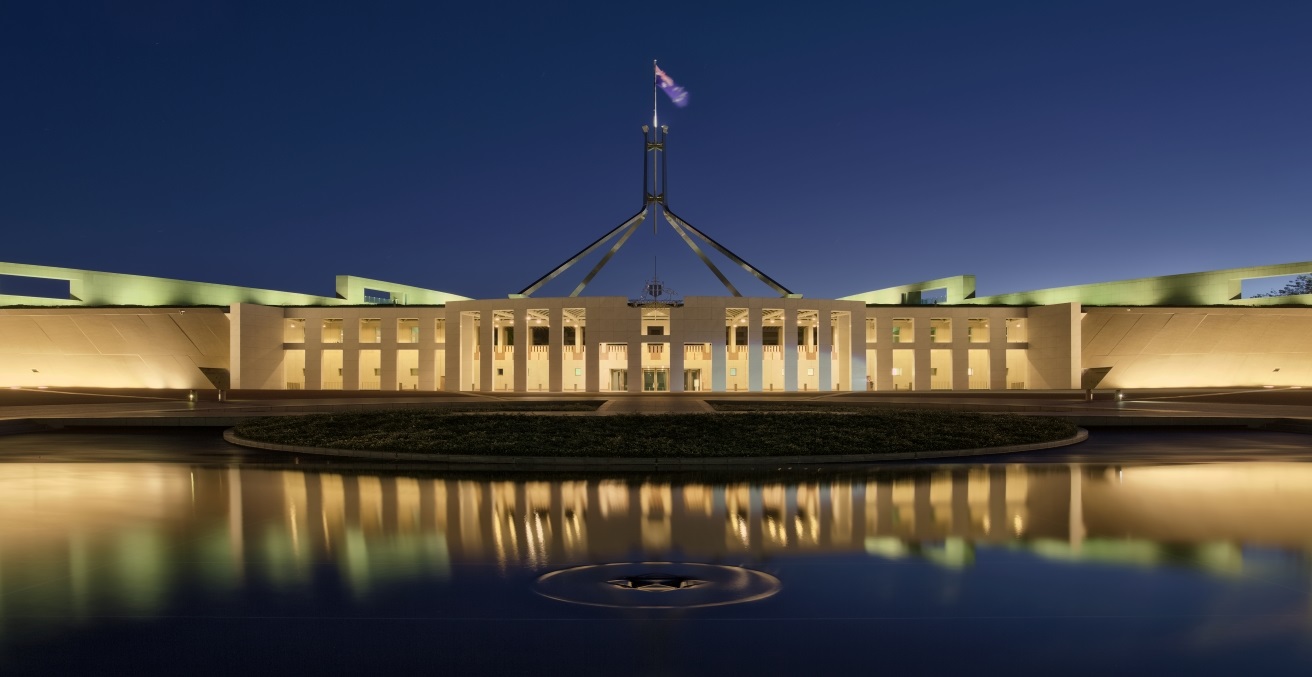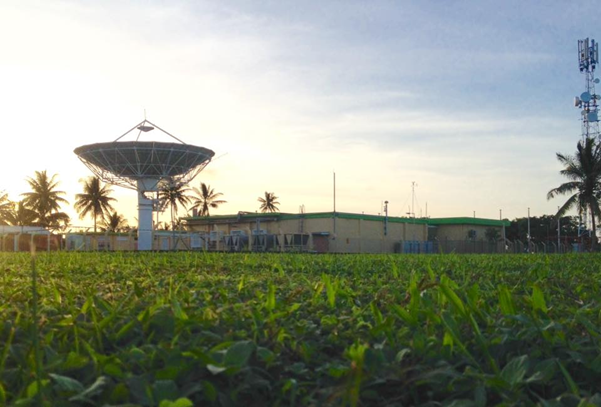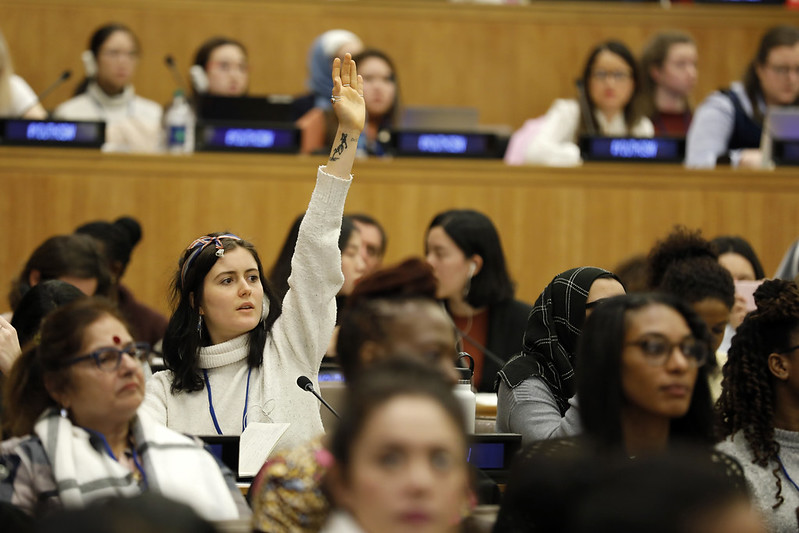This week in Australian foreign affairs: Albanese in Fiji, Seattle, and Canada; Albanese to attend G7; Marles responds to announcment of US AUKUS review; Wong issues a joint statement on Israeli extremism, and more.
On 13 June, Prime Minister Anthony Albanese announced he will travel to Fiji, the United States of America, and Canada from 13-19 June. In Fiji, Prime Minister Albanese will meet with Prime Minister Sitiveni Rabuka and discuss bilateral cooperation under the elevated Vuvale Partnership, including on climate change and regional security. In the US, Albanese will travel to Seattle, where he will meet a “range of business leaders to discuss how the US and Australia can work together to take advantage of emerging technologies, including artificial intelligence.” Afterwards, Albanese will visit Kananaskis, Canada, to attend the G7 Summit. Australia has been invited as a part of a select group of partner countries. While there, Albanese “will participate in G7 partner discussions focusing on global energy opportunities and challenges, including the role of critical minerals, secure and reliable supply chains, enabling and advanced technologies, and underlying infrastructure and investments.”
Deputy Prime Minister and Minister for Defence Richard Marles responded to the Pentagon’s review of AUKUS on 12 June. In an interview with ABC News’ 7:30 Report, Marles stated that the review is “pretty natural” given that a new administration has come into power. Marles reiterated that amid all the engagements he has had with the Trump administration, “there has been a positive view in relation to AUKUS, and we are confident about its progress under the Trump Administration.” In questions about America’s own ability to meet its naval requirements, Marles expressed confidence “about our ability to increase those production rates and those sustainment rates.” He noted further, “sustainment is as important, if not more, than the actual production of the Virginias. But the point I would make is that when you look at the way in which the optimal pathway is structured, you know, right now what we have is Australia making a financial contribution to the industrial base of the United States in respect of both production and sustainment.” Meanwhile, in response to US Defense Secretary Pete Hegseth’s call for Australia to lift spending to 3.5 percent, Marles remarked that the government “will fund defence based on Australia’s national interest. That’s the very clear point that the Prime Minister has made and that what it’s about is not a specific number.”
On 6 June, Marles joined Minister for Defence Industry and Minister for Pacific Island Affairs Pat Conroy to announce a new agreement for long-range precision strike missile agreement with the United States. Australia and the US have signed a Memorandum of Understanding for Precision Strike Missile (PrSM) production, sustainment and follow-on development—with the establishment of a new cooperative program with the United States. “The MoU provides the ADF access to PrSM munitions and establishes PrSM as a cooperative program between Australia and the United States. This opens the door for Australian industry participation in the PrSM supply chain, including for locally manufactured components and sub-components.” According to the statement, “Defence is contributing approximately $310 million over 10 years to become a full cooperative partner in the PrSM program. Defence will also invest around $150 million over the next five years to acquire the initial quantities of the capability required to establish the first Long Range Fires Regiment.”
On 10 June, Minister for Foreign Affairs Penny Wong issued a joint statement with the foreign ministers of Canada, New Zealand, Norway and the United Kingdom on measures targeting Itamar Ben-Gvir and Bezalel Smotrich for inciting violence against Palestinians in the West Bank. According to the statement, the extremist rhetoric included “advocating the forced displacement of Palestinians and the creation of new Israeli settlements.” The Australian government has “engaged the Israeli Government on this issue extensively,” yet as the statement remarks, “violent perpetrators continue to act with encouragement and impunity. This is why we have taken this action now – to hold those responsible to account. The Israeli Government must uphold its obligations under international law and we call on it to take meaningful action to end extremist, violent and expansionist rhetoric.” The announcement reiterates commitment to the two-state solution. The statement also notes that these measures “do not deviate from our unwavering support for Israel’s security,” noting that the governments continue to condemn the horrific terror attacks of 7 October by Hamas.
On 11 June, Wong joined Minister for Home Affairs, Minister for Immigration and Citizenship Tony Burke and Conroy in a statement supporting stronger relationships in the Pacific through the opening of the Falepili Mobility Pathway ballot. “The inaugural ballot for the Falepili Mobility Pathway will open to registrations from Tuvaluan citizens on 16 June, enabling up to 280 Tuvaluans each year to live, work and study in Australia.” The opening of the mobility pathway is considered an important milestone in delivering on the mandate of the Falepili Union Treaty. “The agreement supports the people of Tuvalu to live and thrive in their home through land reclamation and continued investments in infrastructure, education and health. At the same time, it will provide a pathway for mobility with dignity as climate impacts worsen.”
Also on 11 June, Minister for Trade and Tourism and Special Minister of State Don Farrell announced the first of five new trade missions has set off. The trade mission brings together representatives from 20 of Australia’s leading healthcare and MedTech companies. “They will visit the United Kingdom to take part in London Tech Week 2025 and NHS ConfedExpo 2025 in Manchester.”
Dr Adam Bartley is the managing editor for AIIA’s Australian Outlook and weekly columnist for The Week in Australian Foreign Affairs. He is a former Fulbright Scholar and non-resident fellow at the Elliot School for International Affairs, the George Washington University. Adam also has positions as post-doctoral fellow at the Centre for Cyber Security Research and Innovation RMIT University and as program manager of the AI Trilateral Experts Group. He can be found on Twitter here.
This article is published under a Creative Commons License and may be republished with attribution.





